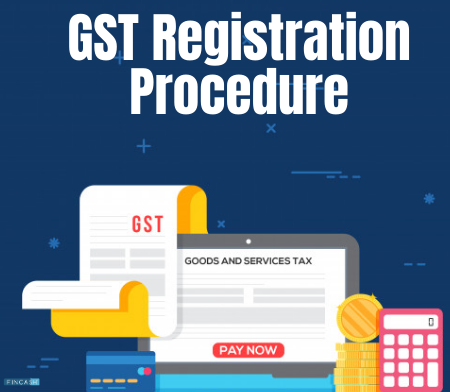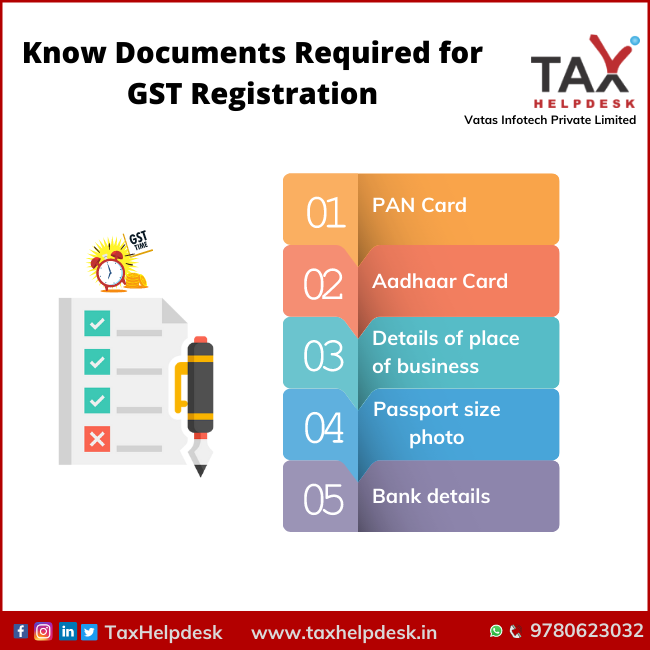Why Organizations Favor the Best GST Registration Services in Singapore
Why Organizations Favor the Best GST Registration Services in Singapore
Blog Article
Throughout: The Ultimate Roadmap to GST Enrollment for Services Seeking Financial Stability
Navigating the intricacies of Product and Solutions Tax (GST) enrollment is an important step for organizations striving for financial security. From understanding the fundamental principles of GST to adhering to post-registration standards, the procedure can seem intimidating initially glance. Breaking down the roadmap into workable actions can streamline the registration journey for businesses looking to boost their financial standing. Let's discover the vital components that compose this ultimate roadmap and find just how each phase contributes to laying a strong foundation for economic success.
Understanding GST Essentials
Exploring the essential concepts of Item and Provider Tax Obligation (GST) is essential for obtaining a comprehensive understanding of its implications on organizations and the economic situation. GST is a value-added tax obligation imposed on many goods and solutions for residential usage. It has changed numerous indirect taxes that existed in the pre-GST era, simplifying the tax obligation framework and boosting convenience of doing service in India. Under the GST system, both goods and services are taxed at a particular price, which is determined based upon their classification. If their yearly turn over goes beyond the threshold restriction established by the federal government, companies are needed to register for GST. Input Tax Debt (ITC) is a significant attribute of GST, enabling companies to declare credit history for tax obligations paid on inputs, decreasing the total tax problem. Recognizing the basics of GST is important for organizations to abide by tax laws, handle their funds efficiently, and add to the country's economic development by participating in a transparent tax system.
Qualification Criteria for Registration
As of the present guidelines, the threshold limitation for GST registration is a yearly accumulation turn over of 40 lakhs for services running within a state, other than for unique classification states where the restriction is 20 lakhs. In addition, particular organizations are called for to register for GST regardless of their turn over, such as interstate providers, informal taxed persons, and companies responsible to pay tax under the reverse cost system. It is important for companies to extensively evaluate their turn over and purchase types to identify their GST registration responsibilities accurately.
Documents Needed for Enrollment
Having met the eligibility standards for GST enrollment, businesses need to currently guarantee they have the requisite records in place to proceed with the enrollment procedure successfully. The documents required for GST registration normally consist of proof of business constitution, such as collaboration act, registration certificate, or unification certificate for various kinds of companies. In addition, services need to supply records developing the major area of organization, such as a rental agreement or power bill. PAN card of the service, in addition to the identification and address proof of promoters/partners/directors, are necessary for confirmation objectives. Financial institution account declarations, in addition to canceled cheques or a duplicate of the bank passbook, are required to validate the economic details offered during enrollment. Organizations need to have digital signatures all set for the licensed signatory. Ensuring all these papers are organized and easily offered will certainly speed up the GST registration procedure, allowing companies to adhere to tax obligation guidelines perfectly.
Step-by-Step Enrollment Refine
Beginning the GST registration procedure includes a collection of organized actions to make certain a certified and smooth enrollment for businesses. The initial step is to check out the GST site and fill in the enrollment kind with precise information of the organization entity. Following this, the candidate receives a Short-lived Recommendation Number (TRN) which is used to return to the application process if it's not completed in one go.
Next, all needed records based on the list provided by the GST portal need to be published. These records generally consist of evidence of service enrollment, address and identification proofs of promoters, monetary declarations, and business entity's frying pan card.

Post-Registration Conformity Guidelines

Final Thought
Finally, companies looking for economic stability needs to comprehend the fundamentals of GST, meet eligibility standards, collect essential papers, comply with the step-by-step registration process, and follow post-registration standards - Best GST registration services in Singapore. By adhering to these steps, companies can ensure conformity with tax obligation guidelines and preserve financial stability in the future
Additionally, certain businesses are required to sign up for GST regardless of their turn over, such as interstate providers, casual taxable persons, and businesses liable to pay tax under the reverse charge system.Having satisfied the eligibility requirements for GST enrollment, companies have to now ensure they have the requisite files in why not try these out place to continue with the enrollment process effectively. The papers needed for GST registration normally consist of evidence of service constitution, such as collaboration deed, enrollment certification, or consolidation certificate for different types of businesses. In addition, companies need to offer papers developing the principal location of business, such as a rental contract or electrical energy bill.Beginning the GST enrollment process involves a series of organized steps to make certain a compliant and seamless enrollment for companies.
Report this page